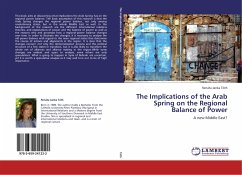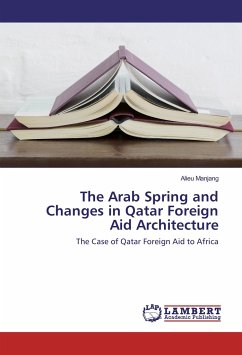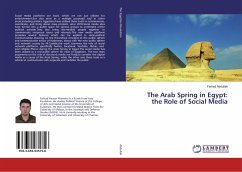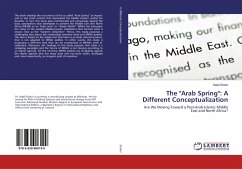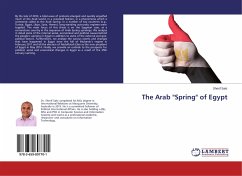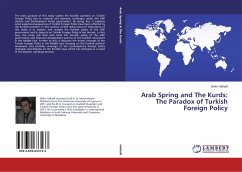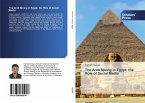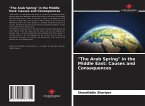This book aims at discovering what implications the Arab Spring has on the regional power balance. The basic assumption of this research is that the Arab Spring changes the regional power balance, not only among revolutionary states, but in the whole Middle East as well. In the background of the research are the different international relations theories, and explanations of power and the balance of power as well as the reasons why and processes how a regional power balance changes over time. In order to illustrate the changes, it is necessary to analyse the old power balance with regard to the main regional states that determine the course of actions and alignments in the region. It is clear that the changes concern not only the democratisation process and the political structure of a few states in transition, but it is also likely to transform the whole net of alliances and alliance making in the region.While some changes are evident and open to analysis, some others are only speculations. What is going to happen in Syria of Bahrain are uncertain, yet it is worth a speculative analysis as it may well turn out to be of high importance.
Bitte wählen Sie Ihr Anliegen aus.
Rechnungen
Retourenschein anfordern
Bestellstatus
Storno

